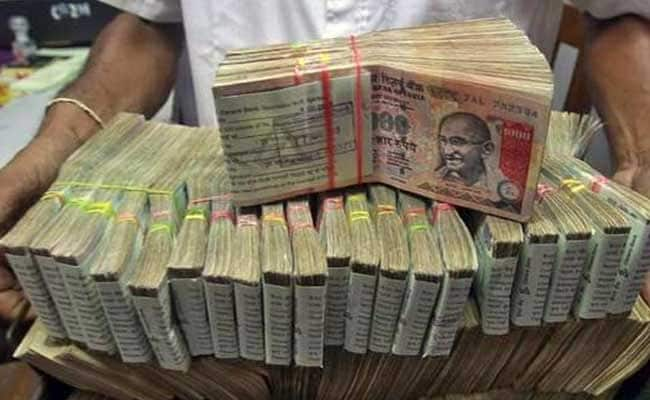
Just as Prime Minister Narendra Modi had warned, getting used to the overnight scrapping of the highest-denomination currency notes brought inconveniences.
Here are the 10 latest developments in this story:
Banks will reopen tomorrow and stay open this weekend to help people swap 500 and 1,000 rupee notes which are now banned, said the Reserve Bank of India.
Banks and ATMs were closed today leaving lakhs of people scrambling to buy groceries and tickets for public transport. Many commuters were locked into long traffic jams as toll plazas refused to accept the notes that were abolished at midnight.
National highways will charge no toll till midnight on Friday; toll booths on other major freeways have been asked to accept old notes till then.
State-run petrol pumps and government hospitals have been warned that they must abide by an order to take the old currency notes till the same deadline.
This one decision will change the course of how people spend and how they keep their money," said Finance Minister Arun Jaitley today, stressing the government's focus on moving India towards a cashless economy to combat money-laundering, corruption and black or untaxed money.
The PM's initiative has been praised by banks, financial experts and entrepreneurs. Infosys founder NR Narayan Murthy declared it a "masterstroke."
People can deposit the discontinued notes in banks and post office savings accounts before the end of the year. But the Finance Minister warned that if the money deposited in banks was illegal then the depositors would find themselves in "trouble."
The new banknotes of 500 and 2,000 rupee denominations will be available in ATMs starting Friday, officials said.
At ATMs, there will be an initial daily cap of 2,000 rupees on withdrawal per card, which will be increased to 4,000 rupees within a week.
Opposition leaders say the move will hurt the poor, many of whom do not have bank accounts and keep their savings in cash.

